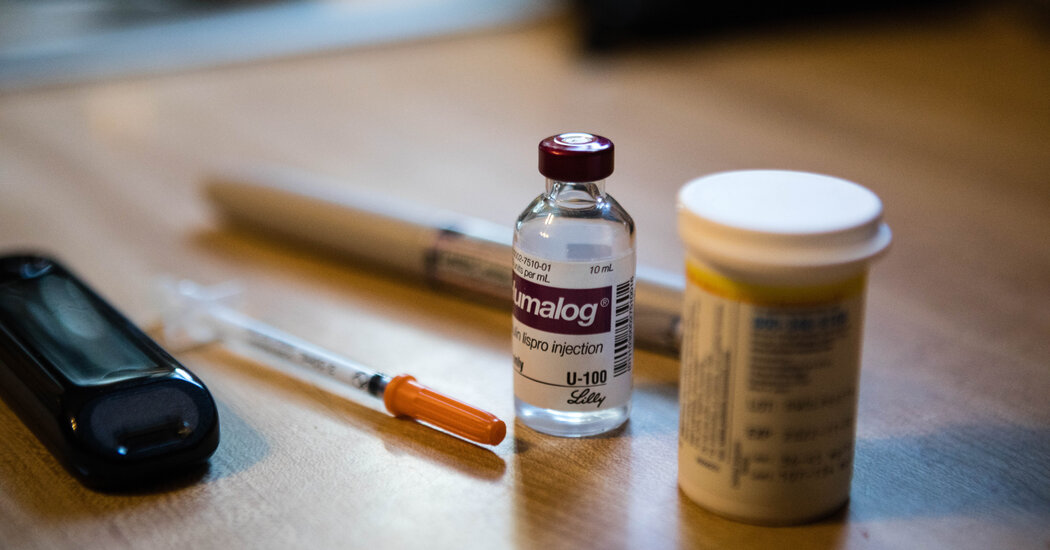
The pharmaceutical industry opposed the drug price regulations in the social spending and climate legislation, but it has not vocally opposed the insulin bill. While the bill would lower costs for many individual patients who take insulin, it would do nothing to reduce the prices paid to the companies that make it. Instead, insurance companies would simply pay a larger share of the price. The Congressional Budget Office estimated that the bill would increase government spending, since health insurers, including Medicare, would be responsible for a greater share of insulin costs.
But consumer insulin costs have emerged as a politically potent problem, given how widespread diabetes is in the United States, and one that is relatively easier to solve than the prices for prescription drugs overall. At a White House event in December, President Biden centered a speech about prescription drugs around the cost of insulin.
“I think it’s safe to say that all of us, all of us, whatever our background, our age, where we live, we can agree that prescription drugs are outrageously expensive in this country,” Mr. Biden said at the event, where patients with diabetes told their stories of struggles to afford the medicine.
Debate on the broader legislation has slowed, but has not died. Senator Joe Manchin III, Democrat of West Virginia and a key centrist holdout, has expressed support for the prescription drug provisions in the bill, even as he has been more skeptical about other parts of the package.
At her weekly news conference on Thursday, Speaker Nancy Pelosi of California tried to cast the passage of the insulin bill as progress toward the party’s broader drug-pricing agenda. She described insulin prices as a “kitchen-table issue.”
“It is for us a step in the direction of the secretary being able to negotiate for lower drug prices beyond insulin,” she added, referring to the secretary of the Department of Health and Human Services.
Senator Patty Murray, Democrat of Washington and the chairwoman of the Senate’s Health, Education, Labor and Pensions Committee, is a co-sponsor of similar insulin legislation in her chamber. She said she remained committed to passing a full suite of prescription drug price reforms, but that she viewed the insulin issue as particularly urgent.




